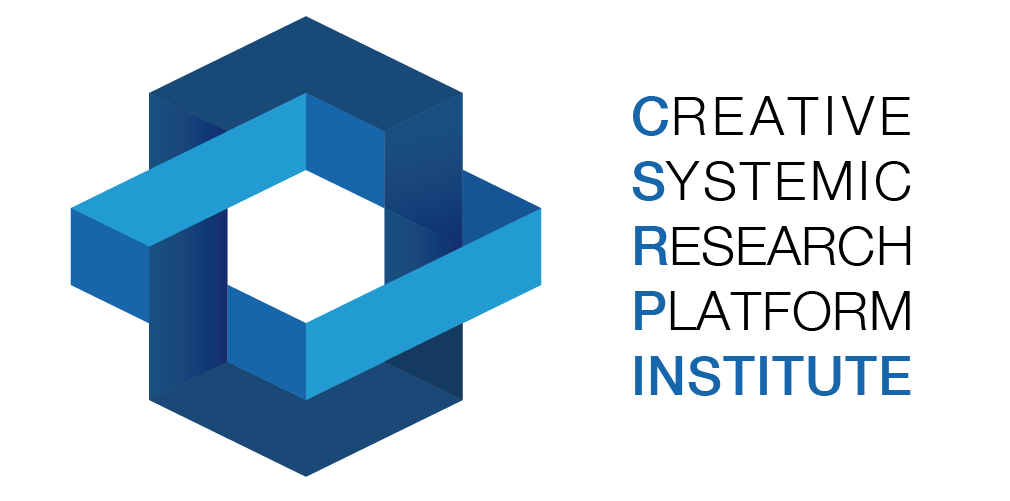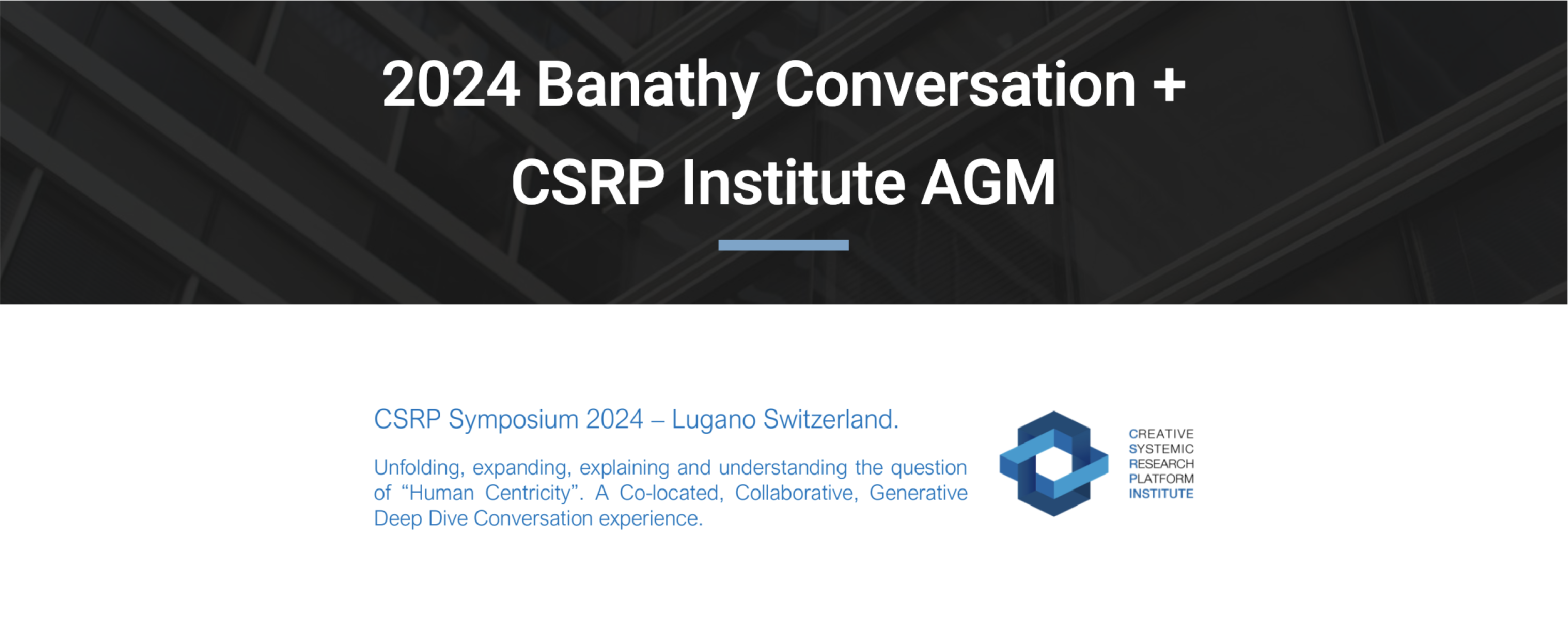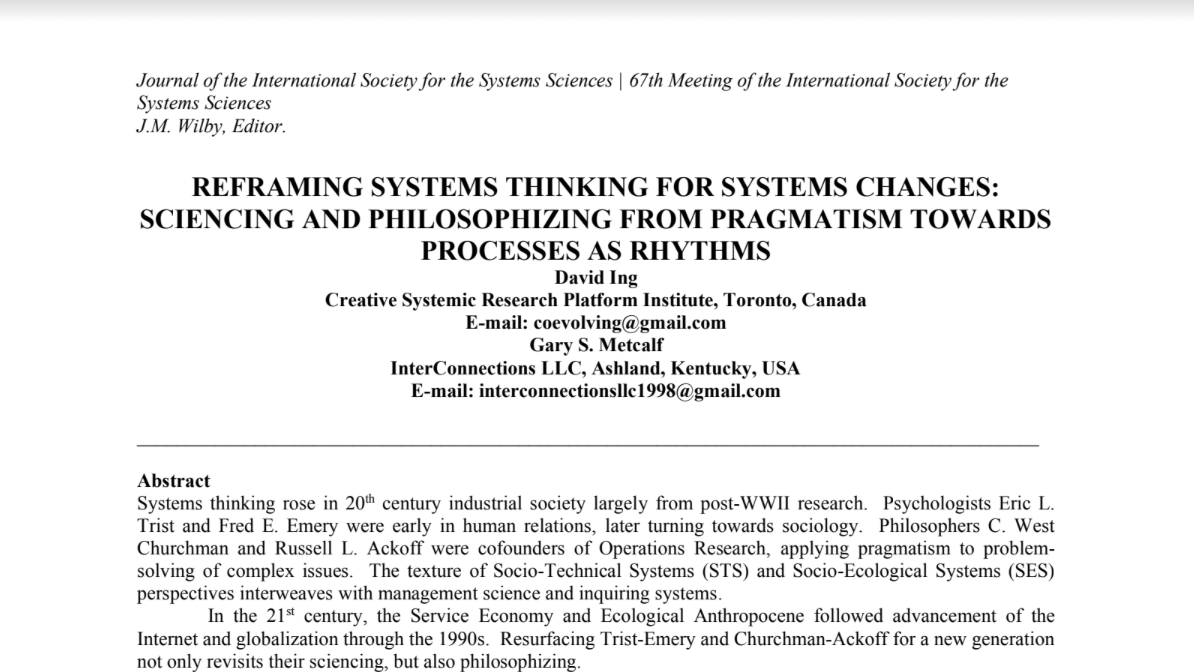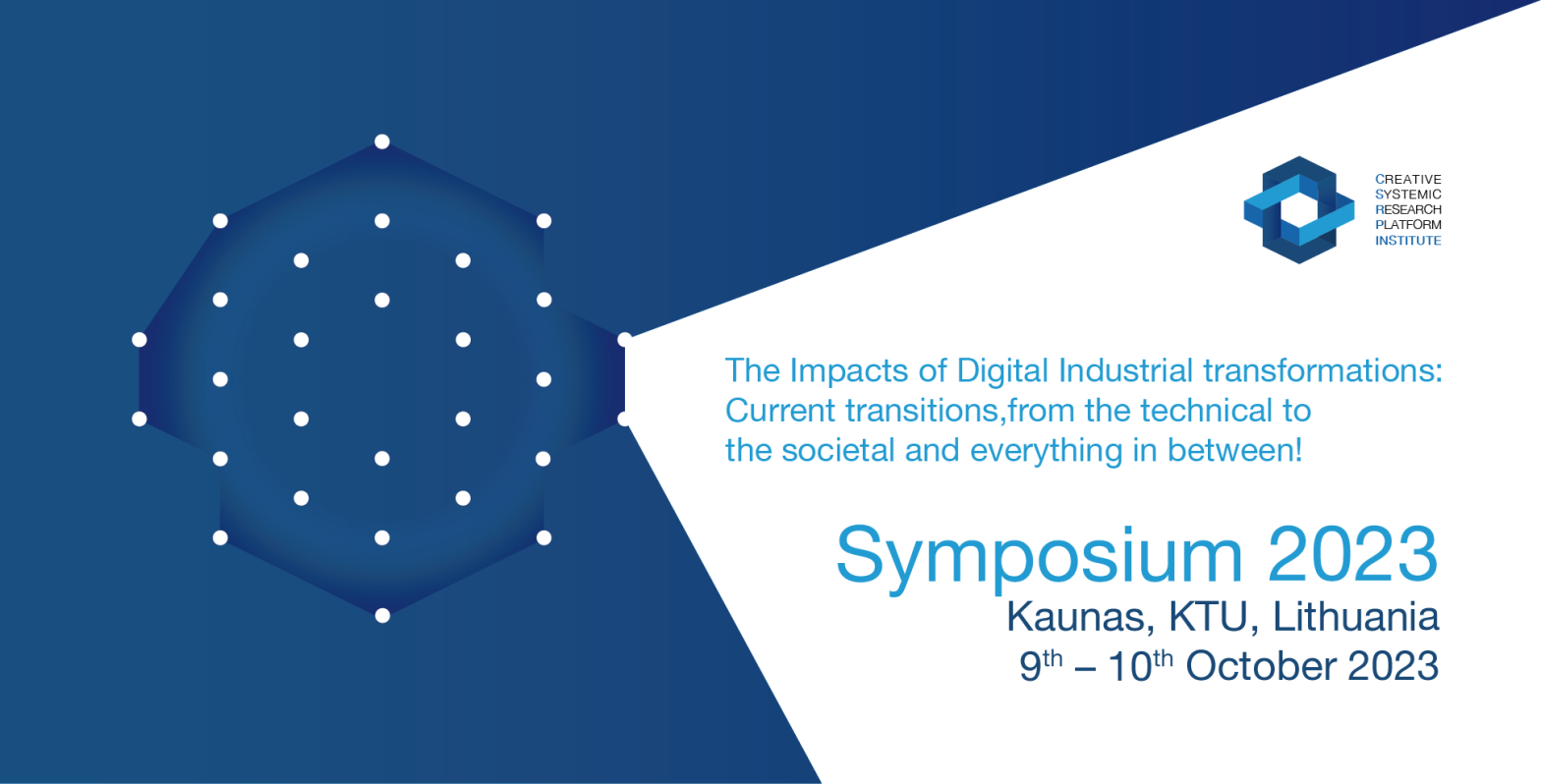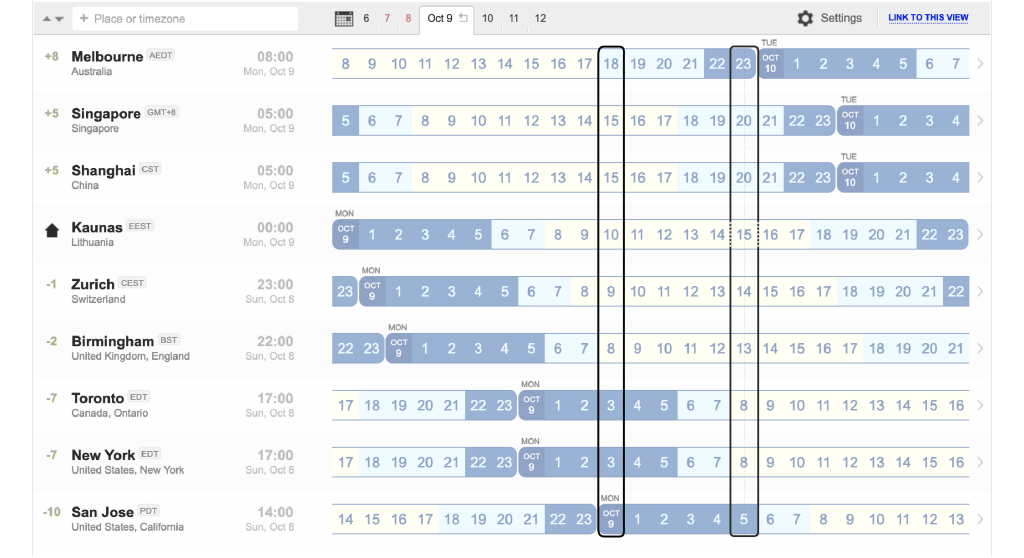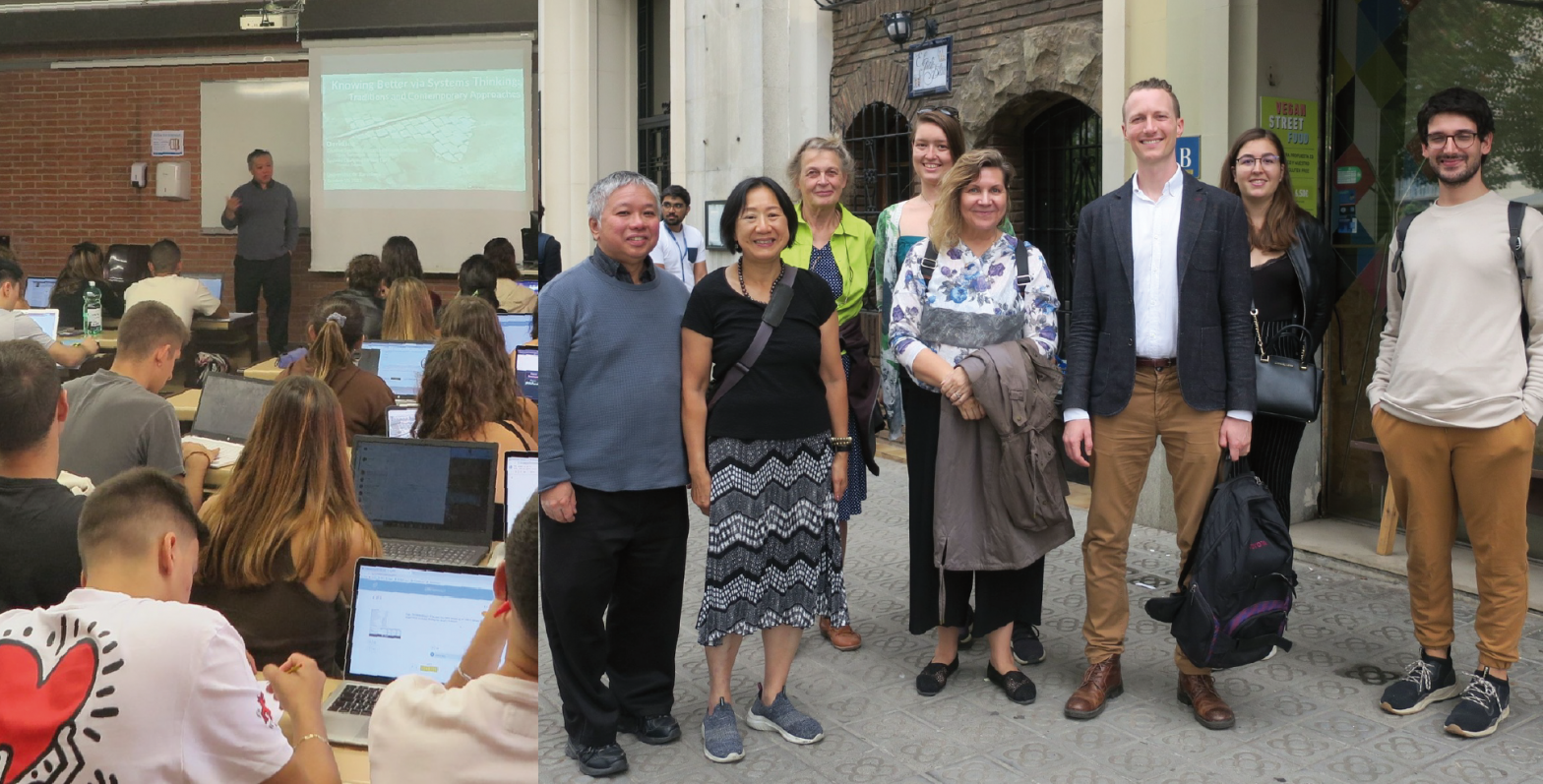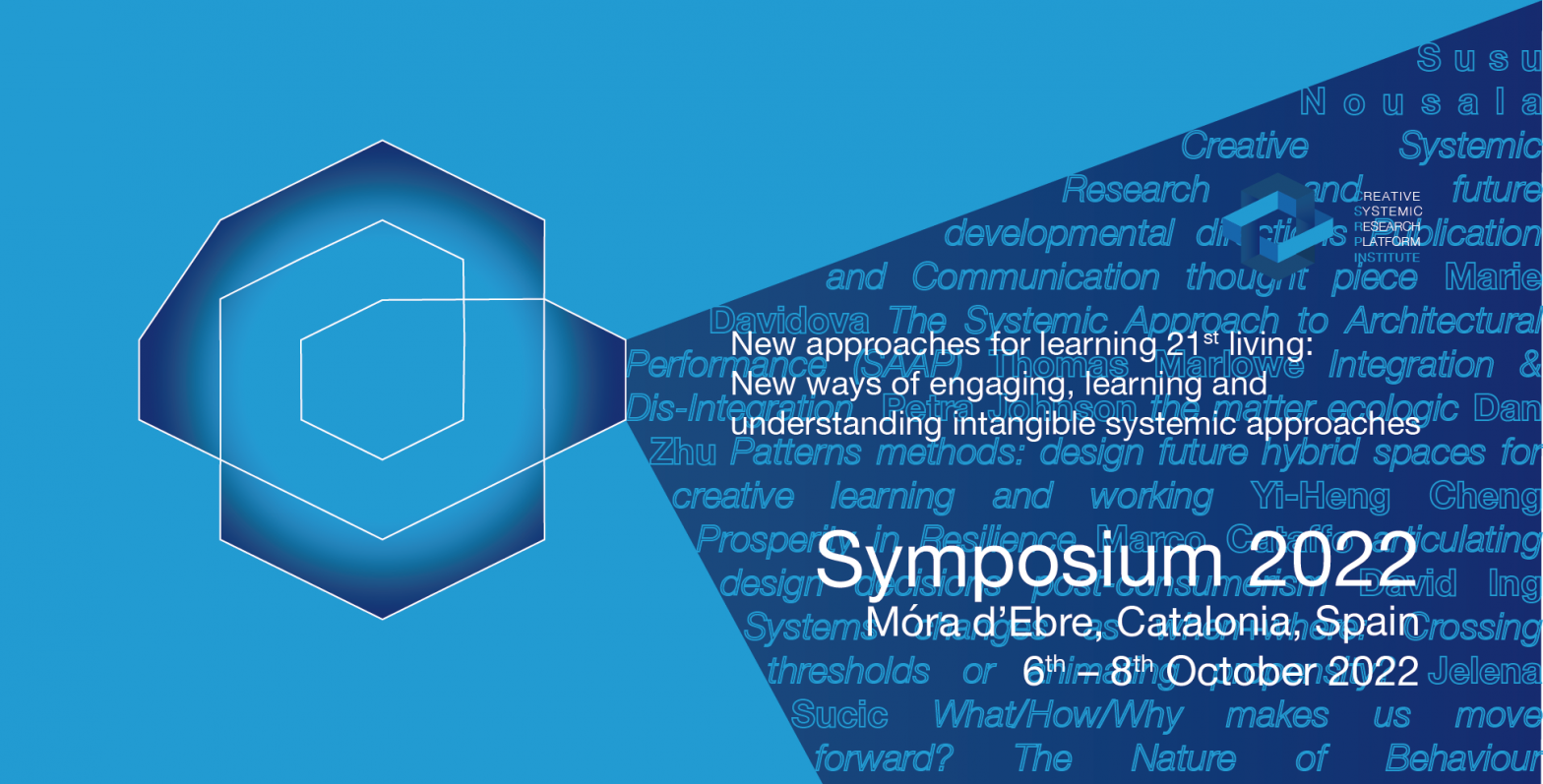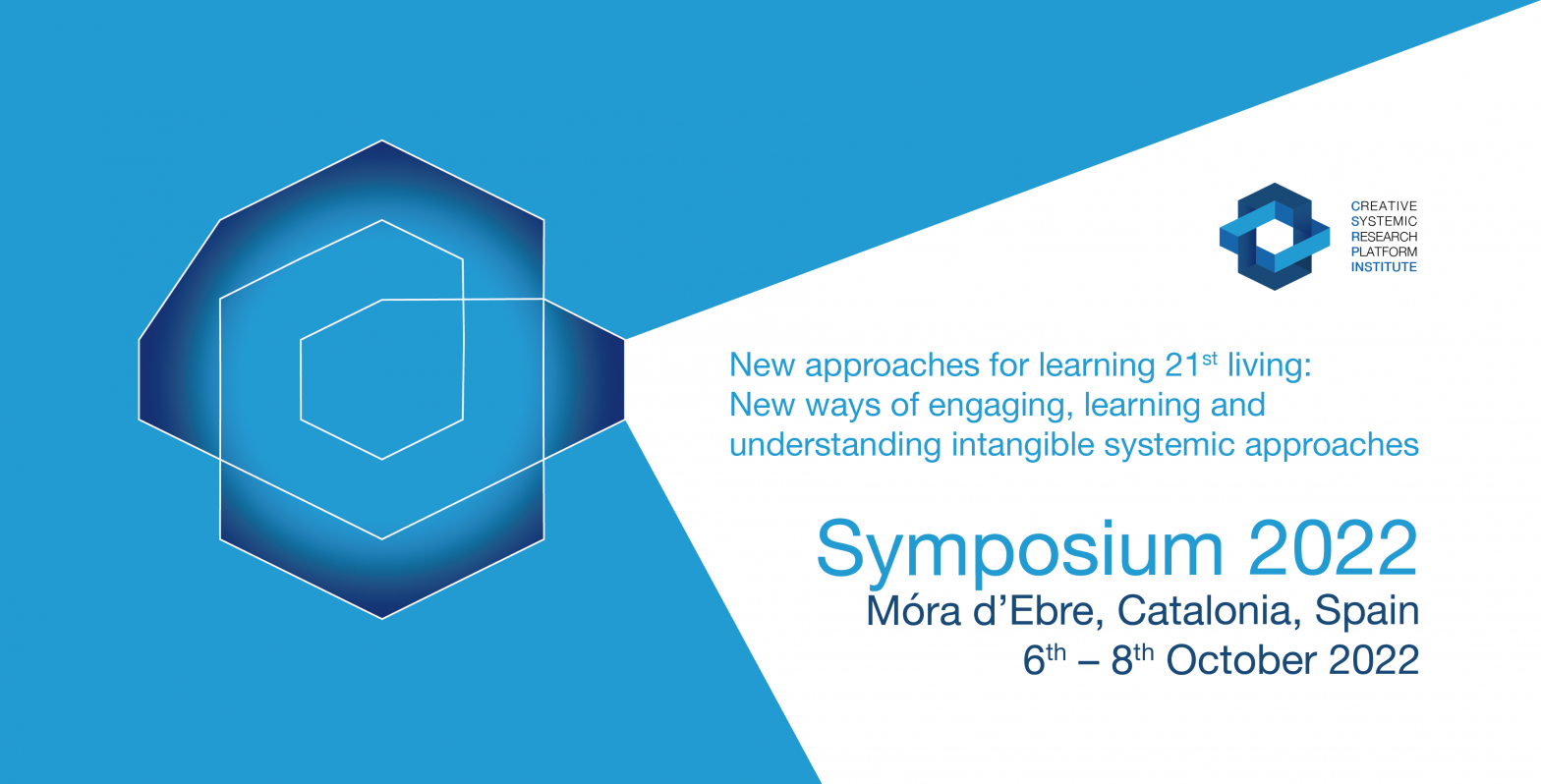We are happy to present the Call and Agenda of our 2nd Symposium! This year, the modality changes with a format that favours discussion. We will be connecting from Mòra d’Ebre, Spain, on the 6th,7th, and 8th of October 2022!
The call is open to all! You are welcome to submit a thought piece and/or simply join the discussion process. The intended theme has an intentional broad area of interest, to reduce limitations for participants and potential project development. Topics could for example include technical/engineering, cultural heritage, any type of social adaptive structures and related topics
Creative Systemic Research Platform, the Concept
What do we mean by creative systemic? This area of research has been on-going, developing (through various stages) over the past 15+ years, specifically targeting the concept of tacit knowledge network dynamics as related to systemic structures. The structural dynamics exposed a very creative aspect of this research approach. The creative could be found embedded in the creation and engagement of the multitude of relationship dynamics and interaction between all (including elements, actors, levels, layers and the like).
So what are examples of the all important emergence of these structural dynamics and their rhythms, patterns and behaviours? The terms multi, trans, inter, intra, poli – disciplinary approaches have been in discussion for many years, but the way in which identification, discussion, engagement and conceptual development have evolved highlights the continuation of vigorous debate within these various contexts. The development of a “platform” is not a new concept but it remains an important one, and has proven to be a critical methodological approach to support any nexus of various contexts at play, typical for creative systemic research. Now more than ever, the capability of developing and delivering a wide range of learning systems has become a necessary skill set. The successful engagement with any learning system has become critical, for in depth understanding of the way we are, and how we are living and existing within our immediate environments. This also extends to include the relationships that link us between the urban, peri-urban and rural environments.
The Symposium Format and Submissions
This discussion invites thought pieces or extended abstracts or academic posters (aim for half to one page) that expand on the bottom up, the nexus of disciplinary approaches, including cases that discuss thinking and practice, from any type of interactive project/performances or processes, case studies through to field
experiences.
We will ask you to send in your submissions and your preferred working titles so that we can schedule your presentations to our colleagues for digestion before the symposium begins. These thought pieces will create a type of table of contents for open discussion, with a view to exploring the relationships with the concept of creative systemic research and practice. The presented concepts/thought pieces have the possibility to go through the multimedia publication process, with a publication date planned for October/November 2023.
The publication process will be presented at the symposium as a thought piece and part of the introduction for the Symposium.
Send submission pieces to csrp.institute@gmail.com
Subscribe for attendance and participation in the discussion at csrp.institute@gmail.com
The zoom link will be sent before the start for the online attendance.
Agenda Symposium 2022 (CEST, UTC +1)
October 6th:
10 am – Welcome and introduction
10.15 am – Presenting the thought pieces (approx. 10 mins each, including any current Australasian colleagues)
12.30 pm – Lunch
14.00 pm – Open discussion and formulation of tacit table of contents for topic relationships (also any
presentations from our current our Canadian and U.S. colleagues).
17.00 pm – End of formal discussions.
19.00 pm – Dinner
October 7th:
10 am – Summary of previous discussions (including any current Australasian colleagues)
12.30 pm – Lunch
14.00 pm – Open discussion and formulation of processes for topic continuation into next year 2023. (also
summary discussion with current our Canadian and U.S. colleagues).
17.00pm – End of formal discussions.
19.00pm – Dinner
October 8th:
11.00 am – Summary and closing comments for CSRP Institute Symposium
12.30 pm – Lunch
14.00 pm – AGM meeting
15.30 pm– Closing of the AGM for 2022.
